
About the CSEL Program
Computer Science for Every Learner (CSEL) is the second Illinois state-funded project specifically designed to provide technical skills to K-12 teachers of English learners (ELs) and under-served minority students.
Without technology-certified teachers, these students, already under-represented in CS classes and CS-related occupations, may fall further behind in a digitally oriented world. They become lifelong technology users and not tech creators or shapers of software meaningful to their lives, communities and careers.
CSEL is a project of The Illinois Resource Center (IRC), a not-for-profit technical support and professional development organization for the Illinois State Board of Education (ISBE), with ties as well to the Illinois Community College Board (ICCB), legislative entities and a wide range of Illinois preK-12 professional groups and universities. The IRC’s parent is The Center: Resources for Teaching and Learning, which also operates early childhood, educational technology and adult education programs. The Center’s Technology Center for Teaching and Learning was an early developer of mobile software for the assessment of younger learners.
The IRC was founded in the 1972 by Dr. Ronald Perlman and others to assist ISBE as it developed standards, guidelines, professional development requirements and other aspects of K-12 bilingual education teaching and learning. The IRC has been a fixture in the multilingual education community for more than 45 years. Dr. Perlman is president of The Center with oversight of all of its programs.
Why CSEL?
The education achievement gap, as measured by standardized testing, is well documented nationally and in Illinois. English learners and Black and indigenous students, underserved in many school districts, historically perform less well on these tests than mainstream students. Poverty, neighborhood violence and other forms of trauma, along with schools that lack necessary resources, are all contributors to this situation.
One consequence is that computer science, the underlying language of technology, is usually an unfamiliar and unwelcoming academic discipline for most ELs and minority students. The digital divide begins in K-12 education but doesn’t stop there. It carries over into advanced studies of CS, where EL and minority enrollments lag, and employment in technology jobs. A 2020 study by researchers at the University of California Los Angeles (UCLA) f0und that Latinos are underrepresented in industries with the highest degrees of adoption of digital technologies, and are overrepresented in industries with the lowest level of digitalization–agriculture, leisure, hospitality and construction. About 40% of the Latino workforce in six states with the largest Latino population, among them Illinois, are in danger of losing jobs to automation.
CSEL was created as a first effort to blunt that trend by training K-12 teachers of ELs and under-served minority students in current, classroom-applicable computer science skills. By teaching young students basic programming using such tools as Scratch, incorporating computational thinking into lesson plans, and advancing student digital skills as they progress to middle and high school, we hope to begin a new trend: teachers with important new skills, teaching eager and engaged students who understand computer science and want and expect careers in digital technologies.
Who Funds CSEL?
CSEL is funded through the ICCB, and the pilot program was funded by ISBE.
Who Manages CSEL?
CSEL was organized by a small IRC staff and relies on a number of partners.
IRC Staff for CSEL
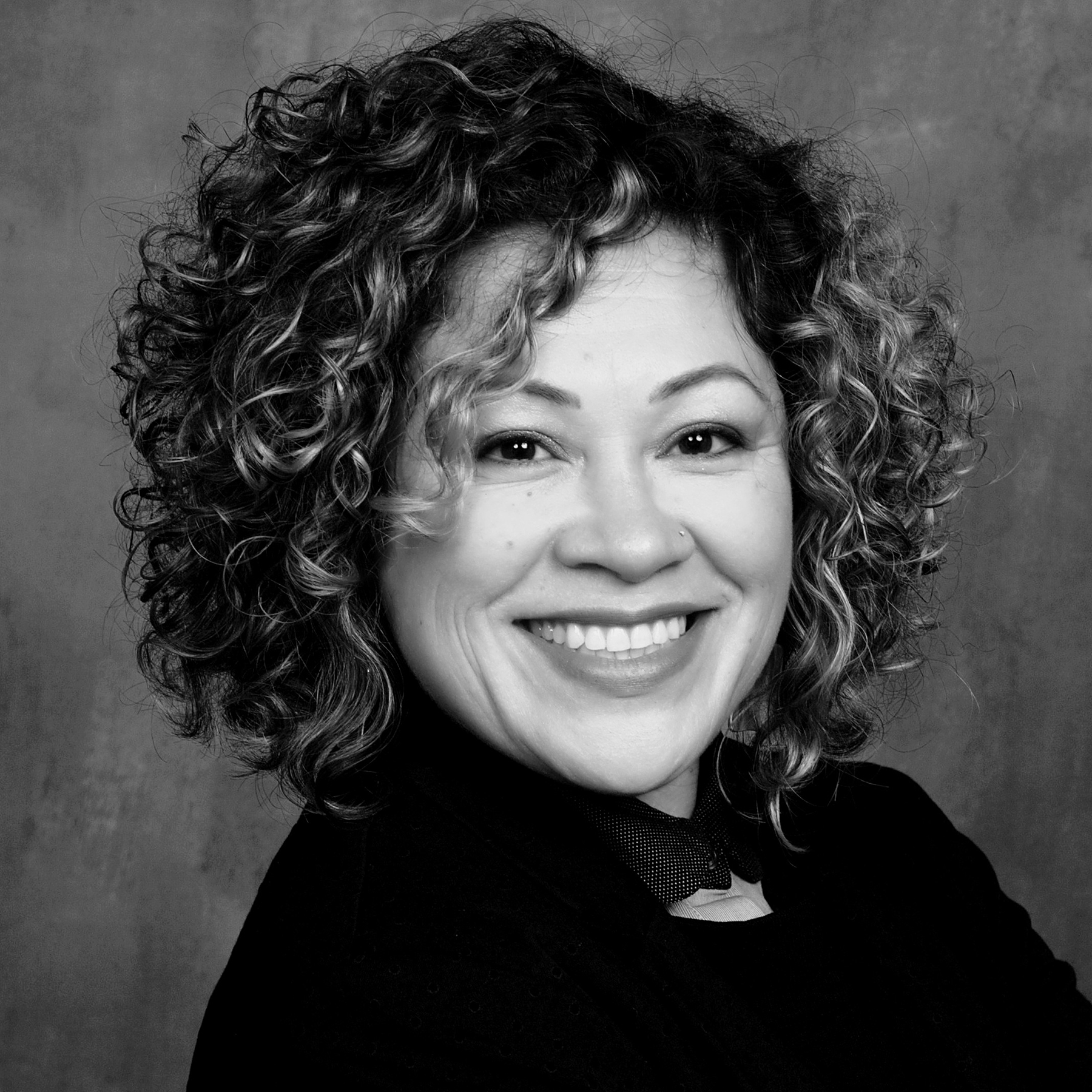
Silvia V. Rogel
Director of Strategic Partnerships & External Affairs
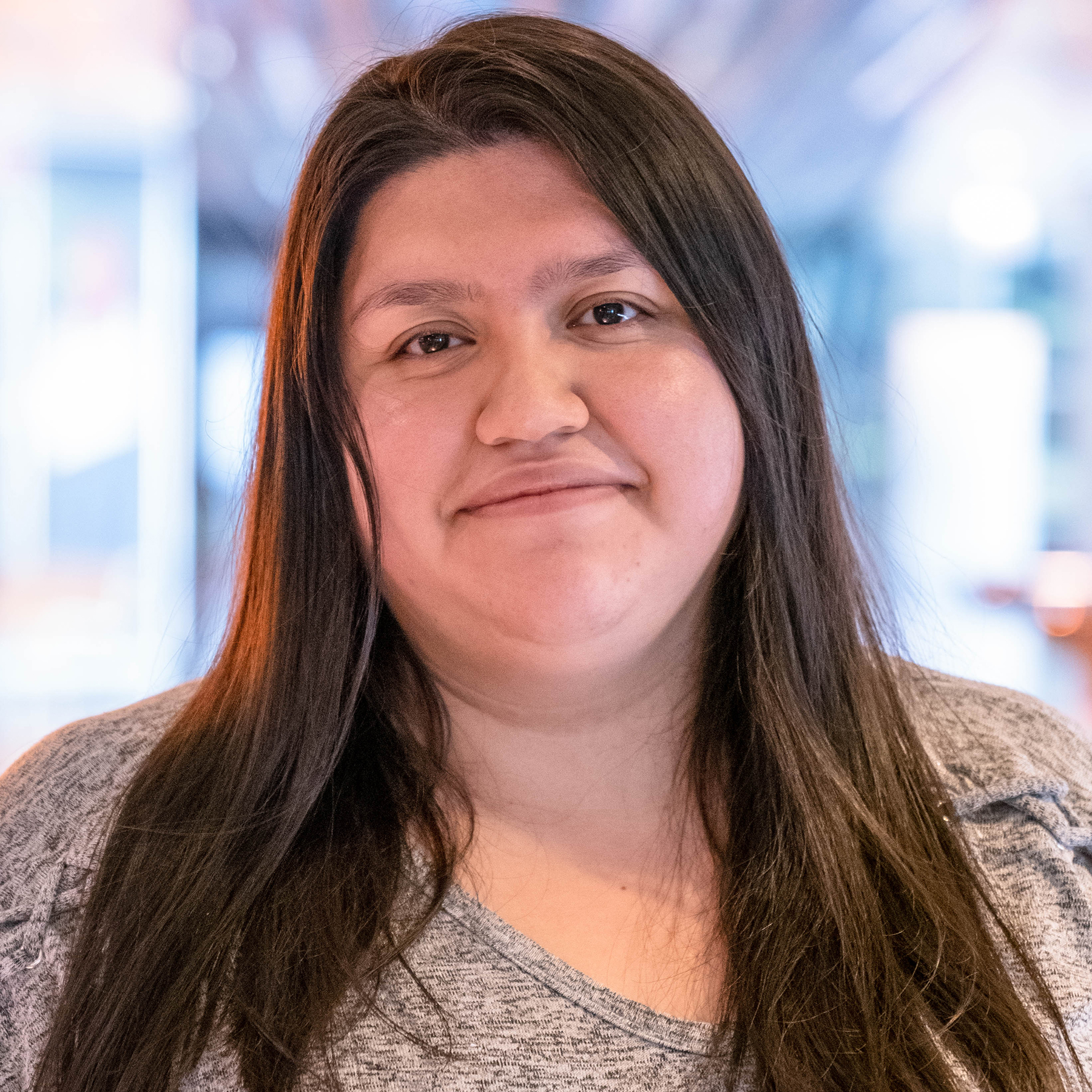
Diana Silvas
Program Assistant
Diana is an experienced IT instructor, program manager and website developer. She is a skilled programmer in HTML, CSS, JavaScript, Python and ReactJS. Silvas earned a master’s degree in information technology and management from the Illinois Institute of Technology, and was named a student laureate of the Lincoln Academy of Illinois in 2020.
CSEL Partners
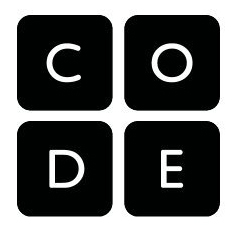
Code.org is the leading national provider of computer science training, standards and inspiration for K-12 education. Code.org professional development courses serve as the basis for improved and advanced classroom engagement in all 50 states.
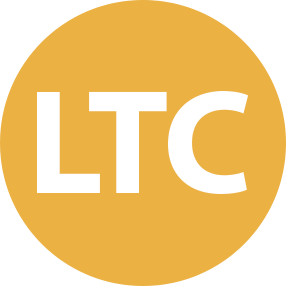
Learning Technology Center of Illinois is a technology support program of the Illinois State Board of Education. LTC focuses on broadband connectivity, digital learning, network and technical support, and professional learning for preK-12 districts, schools and educators.
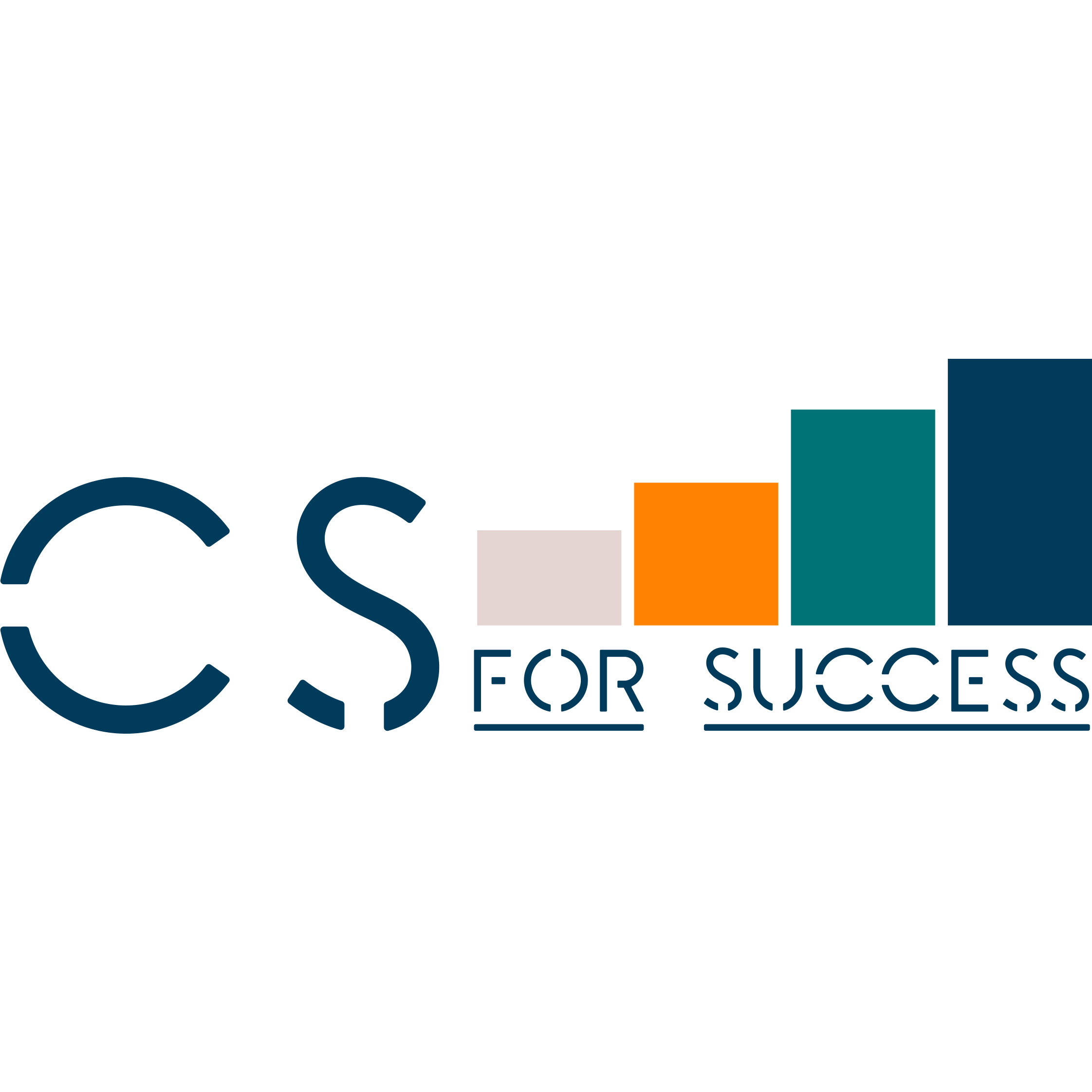
CS for Success is a consulting group focused on equitable, inclusive and high-quality computer science experiences for high school students. It helps build sustainable CS programs and works with small- and medium-sized organizations to provide curriculum services and implementation support.


